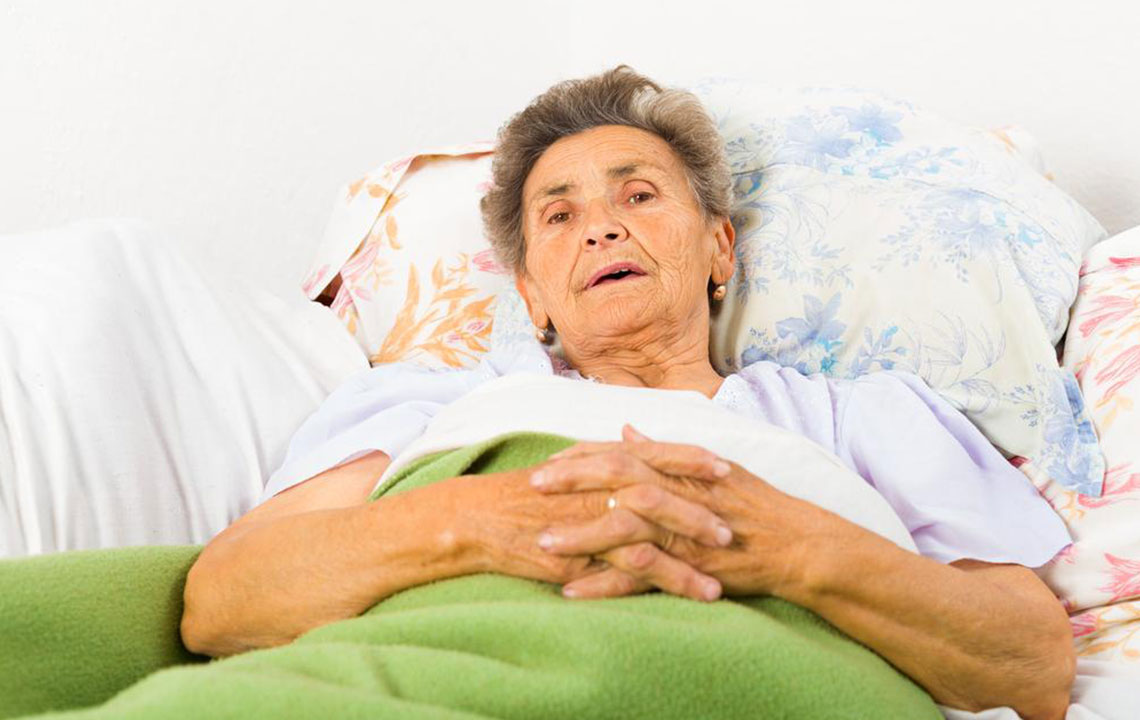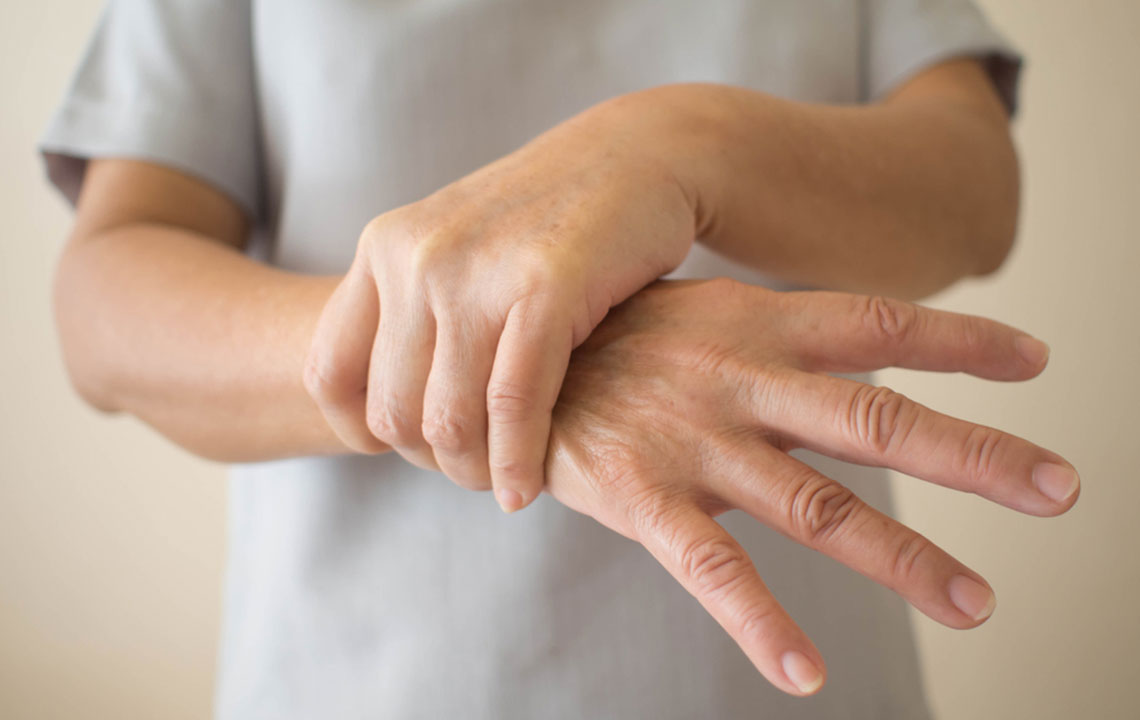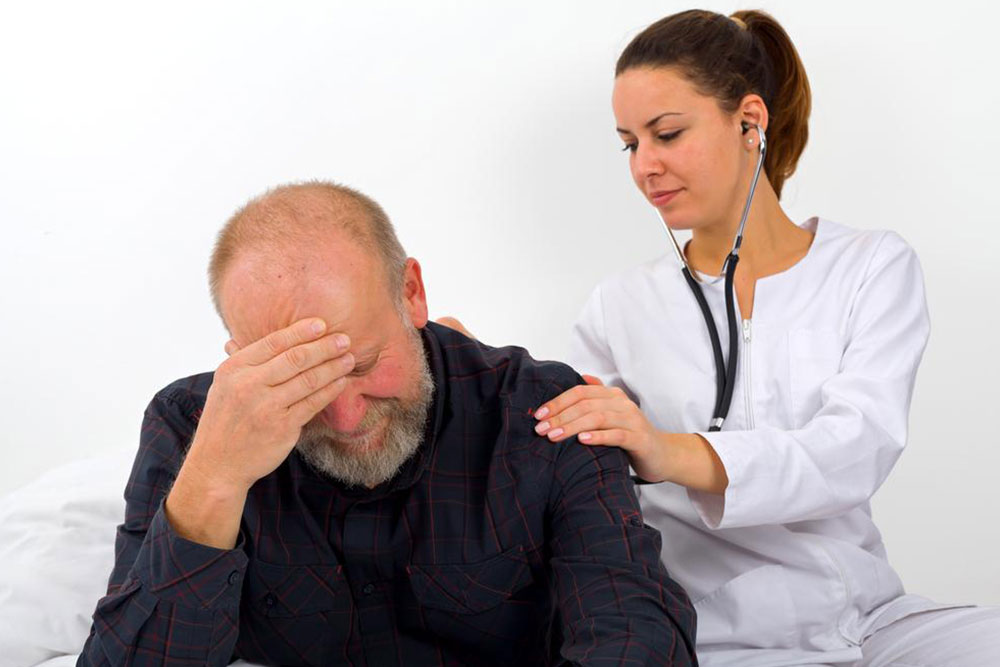Recognizing the Key Signs and Ways to Manage Parkinson’s Disease
This article offers a comprehensive overview of Parkinson’s disease symptoms, including early signs like tremors, rigidity, and balance issues. It discusses available treatments such as medication and surgical options like deep brain stimulation. Practical caregiving tips are also provided to support loved ones. Recognizing symptoms early and understanding management strategies can enhance quality of life for patients and caregivers alike.

Understanding Parkinson’s Disease Symptoms and Care Strategies
Parkinson’s disease is a progressive neurological disorder affecting nearly four million individuals globally. It results from the loss of dopamine-producing cells in the brain, leading to motor impairments and bodily challenges. Because symptoms often resemble those of other illnesses or natural aging, diagnosis can be delayed until significant cell loss has occurred, often 60-80%. Early signs include trembling hands or limbs, muscle stiffness, and difficulty with movement. As the disease advances, issues like balance problems, speech difficulty, loss of smell, and cognitive changes become evident.
Tremors and Shaking: One of the earliest indicators, tremors usually start on one side—affecting the limbs, face, or tongue—and worsen with stress, improving during relaxation.
Freezing and Movement Hesitation: Sudden difficulty initiating movement or walking can occur.
Muscle Stiffness: Reduced arm swing and stiff muscles, especially on one side, are common early signs. This stiffness can make turning or moving parts like the neck painful.
Facial Expression and Speech: Facial muscles may become less expressive, leading to a vacant look. Speaking may slow down, and swallowing can become challenging, sometimes causing drooling.
: Patients often shuffle, walk with feet close together, and struggle to keep rhythm and balance, increasing fall risk.
Loss of Smell and Taste: Nerve damage can diminish sense of smell, affecting taste perception as well.
Cognitive and Memory Changes: In advanced stages, degeneration can lead to memory loss, confusion, and dementia, predominantly in older individuals.
Other Symptoms: Men may experience erectile dysfunction, while constipation is also common due to slowed bowel movements.
Are There Treatments Available?
While Parkinson’s disease currently has no cure, various therapies can alleviate symptoms and improve quality of life. Medications such as levodopa, dopamine agonists, and enzyme inhibitors help increase or mimic dopamine levels. Deep brain stimulation, a surgical procedure involving brain electrodes connected to an external generator, can reduce motor symptoms but carries risks like infection or stroke.
Caregiving Tips
Track medical appointments, medications, and daily routines carefully.
Educate yourself about the disease to better support your loved one.
Modify the living space to promote independence and safety.
Offer emotional support and patience, as depression and anxiety are common.
Seek support from friends or professionals to cope with caregiving challenges.










